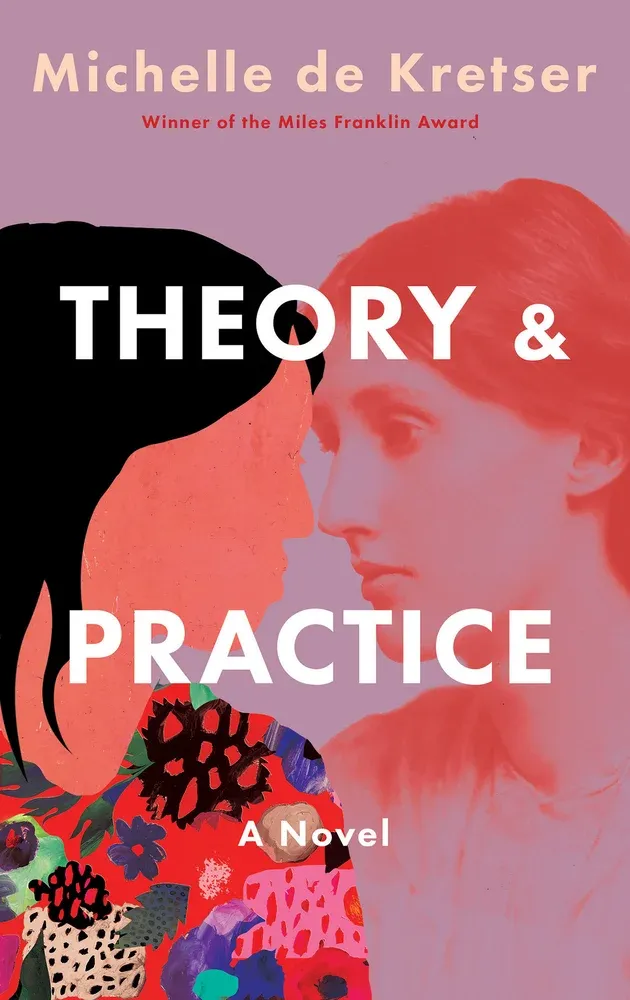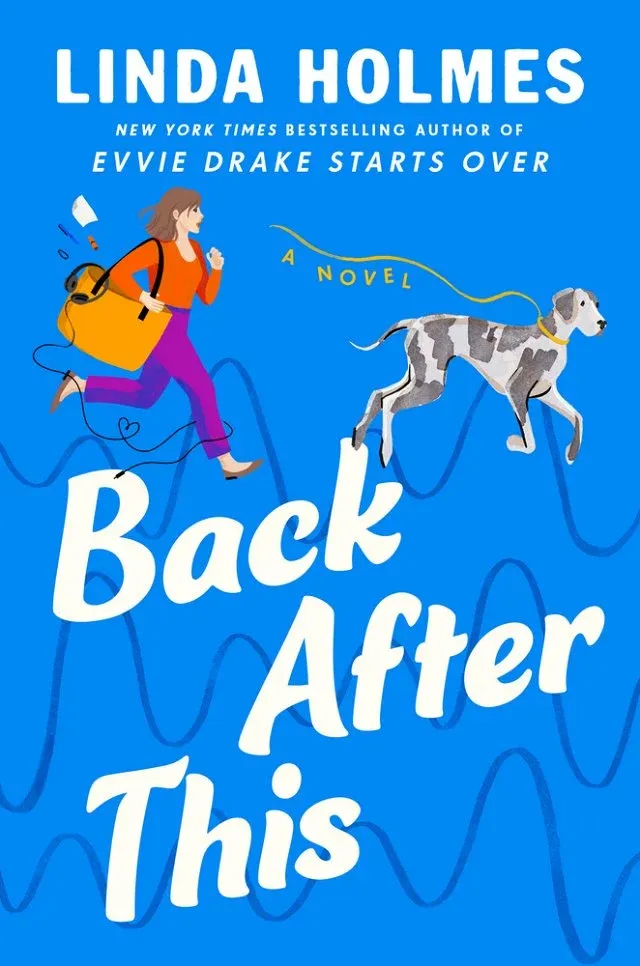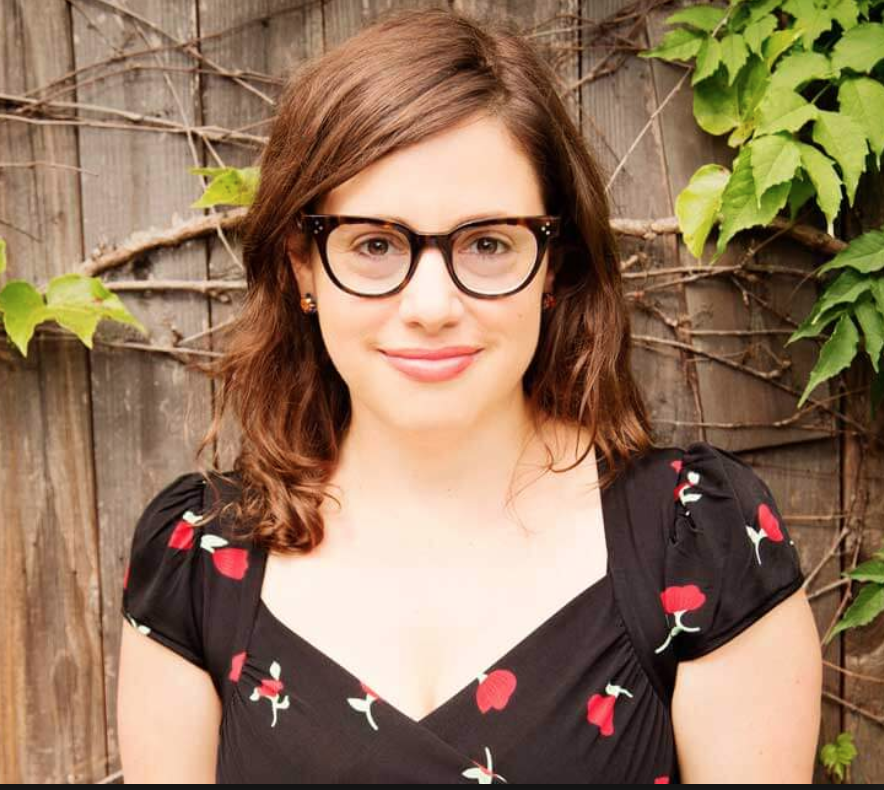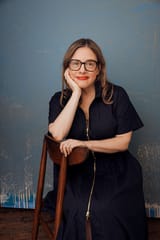The Maris Review, vol 45
I'm a real sucker for novels about writing novels
What I read this week

Theory & Practice by Michelle de Kretser
A novel about what a novel can do and be? Very much my shit. De Kretser's seventh book is set in Melbourne in the 1980s, where her young narrator, who happens to share many of the author's own biographical details (born in Sri Lanka, emigrated to Australia, becomes a writer) is studying the works of Virginia Woolf in grad school. She's particularly interested in The Years, Woolf's final 1937 novel that Woolf had originally intended to be a hybrid work of fiction and essays. The idea of what The Years might have been provides De Kretser an intellectually exciting jumping off point for making her own experiments with form.
Its the golden era of literary theory in academia, and the narrator is mostly not impressed. She balks at the idea of theory as the ultimate key to revealing the meaning of a text, as if every novel must be broken down to fit a particular argument in order to understand it. She knows that real life is messier and less measured than most narratives, full of intrusions and asides, frayed edges and incomplete thoughts. Even her beloved Woolf contained a fair share of flaws and blind spots and prejudices – an intersectional feminist Woolf was not.
Much like literary critic Sarah Chihaya does in her recent memoir Bibliophobia, the narrator of Theory & Practice bemoans how being good at dissecting a text has almost nothing to do with navigating real world relationships. All it takes is becoming a little bit obsessed with a dude who already has a girlfriend for the narrator to fantasize about tearing the girlfriend down: "Feminism was delivering body blows to the patriarchy, but the new world of steadfast female solidarity was still being born."

Back After This by Linda Holmes
I've linked to the audio version of Linda's new romance novel because she narrates it and you don't want to miss it. As a narrator, Linda strikes the perfect balance between reading and performing. She modulates her voice just enough to tell different characters apart without making any one of them sound too cartoonish, which is an important skill to have when so much of one's book consists of excellent banter. Given that she's a host of NPR's Pop Culture Happy Hour and her novel is about a podcast producer named Cecily who's looking for her big break, Linda also fills the book with lots of the inner workings of the art of making audio. Next month I will record my narration of my own audiobook, and I can promise you that based on what I read in Back After This I shall not be drinking any Mountain Dew while recording...
Cecily is a classic Linda Holmes heroine: she's brainy and goofy and good at her job, full of pop culture references galore, she loves dogs. Hijinks ensue when, just as Cecily demolishes her comfort zone in order be the subject of a new podcast in which a dating expert pairs her with 20 different men in the hopes of finding love, she meets a man who isn't on the expert's list.
More novels that explore what a novel can be
Death of the Author by Nnedi Okorafor
The Hero of This Book by Elizabeth McCracken
Possession by A.S. Byatt
Must I Go by Yiyun Li
Terrace Story by Hilary Leichter
Open City by Teju Cole
Trust Exercise by Susan Choi
Please clap?

New releases, 3/11

Goddess Complex by Sanjena Sathian
We Tell Ourselves Stories: Joan Didion and the American Dream Machine by Alissa Wilkinson
The Man Nobody Killed: Life, Death, and Art in Michael Stewart's New York by Elon Green
The Antidote by Karen Russell
Luminous by Silvia Park
A History of the World in Six Plagues: How Contagion, Class, and Captivity Shaped Us, from Cholera to COVID-19 by Edna Bonhomme
Liquid: A Love Story by Mariam Rahmani
How to End a Story: Collected Diaries, 1978-1998 by Helen Garner


